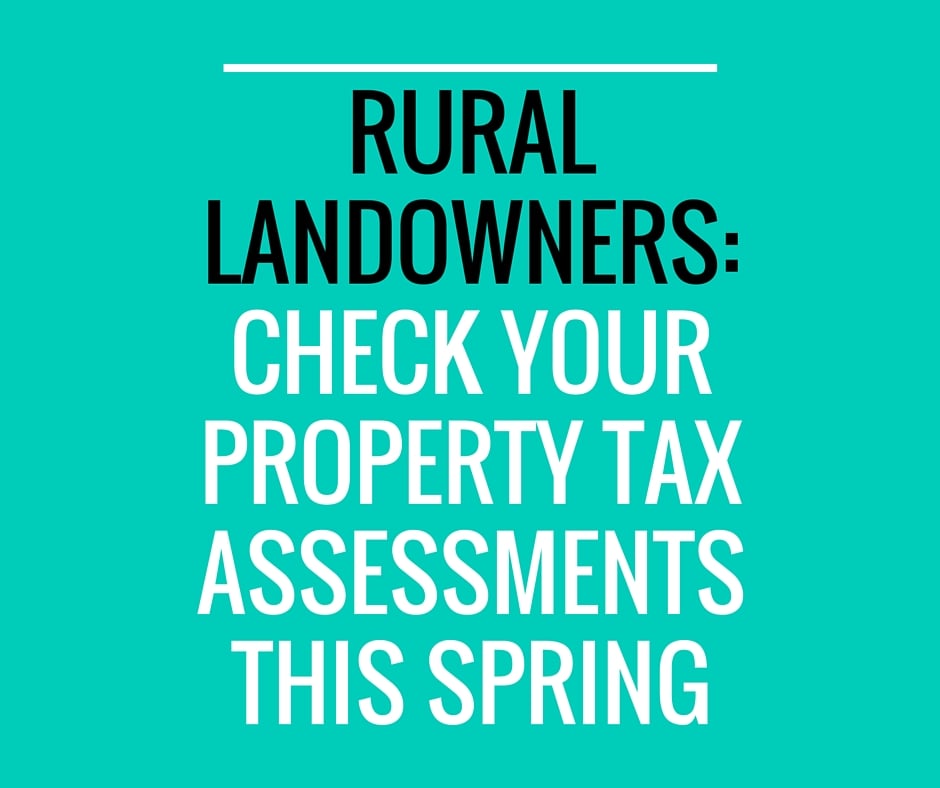 The Wisconsin Farm Bureau Federation urges rural landowners to check their property tax assessments this spring.
The Wisconsin Farm Bureau Federation urges rural landowners to check their property tax assessments this spring.
“Land on Wisconsin farms generally falls into one of five classifications,” explained Paul Zimmerman, Wisconsin Farm Bureau’s Executive Director of Governmental Relations.
Agricultural Land is subject to the use value assessment law, and is further classified as Grades 1, 2 or 3, or pastureland.
Agricultural Forest is assessed at 50 percent of market value, this is a woodlot located on a parcel also containing Agricultural Land, or wooded land contiguous to a parcel entirely classified as Agricultural Land under the same ownership.
Productive Forest Land is a wooded area that does not meet qualifications as Agricultural Forest and is assessed at market value.
Undeveloped Land is a classification that encompasses wetlands, swamps and wasteland, all of which are assessed at 50 percent of market value.
Other encompasses the farmstead and farm buildings which are assessed at market value.
“Farmers need to be aware of how the various types of land they own are classified in order to determine how assessments apply,” Zimmerman said.
“Tax assessment statements for municipalities are typically issued in April and May to notify landowners of changes in property assessments,” Zimmerman said. “If farmers have questions about their assessments, they should first talk with their assessor. They should also be aware of the appeals process available through their local Board of Review.”
The Department of Revenue’s Agricultural Assessment Guide and use value assessment of farmland rate for each municipality can be downloaded by clicking here.
Steps for Checking Property Tax Assessments
- Check with the local assessor to make sure land is accurately classified.
- Verify that assessments for the property have been accurately applied from the Department of Revenue guidelines.
- Compare any market value assessments of property (buildings, woodlots and wasteland) with comparable property in the municipality.
- Talk with the assessor over any questions or disagreements.
- Go to local board of review if there are disagreements with the assessor. The property taxpayer must notify the board clerk at least 48 hours before the first scheduled meeting of the board. A property owner must go to the board of review if they want to keep their options open to appeal their assessment. By law, the board of review is to meet any time during the 30-day period beginning on the second Monday of May.


Leave a Reply